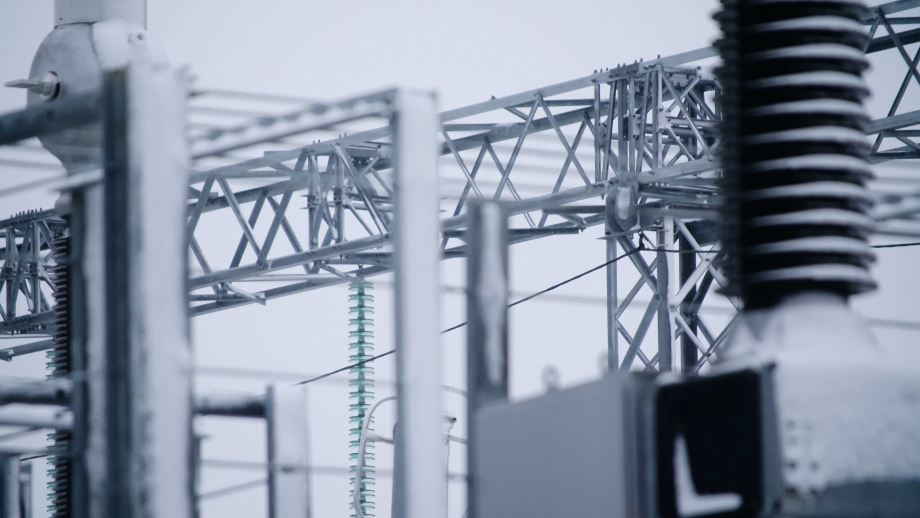Senate Passes the Drinking Water and Wastewater Infrastructure Act with a Focus on Small, Disadvantaged, and Rural Communities
Senate Passes the Drinking Water and Wastewater Infrastructure Act with a Focus on Small, Disadvantaged, and Rural Communities
Last week, the Senate passed S. 914, the Drinking Water and Wastewater Infrastructure Act (DWWIA), to invest $35 billion in state water infrastructure programs. Funds will be used to upgrade aging infrastructure, address threats associated with climate change, and invest in modern technologies to bring the nation’s infrastructure up to date. The legislation has broad bipartisan support and passed the Senate by an 89-2 vote. Forty percent of the funding is specifically meant to benefit small, disadvantaged, rural, and tribal communities.
Thirty billion of the funding will be distributed through the Environmental Protection Agency’s (EPA’s) Clean Water State Revolving Loan Fund and its Drinking Water State Revolving Loan Fund. The additional $5+ billion will be distributed through specialized grant funding. For instance, the bill mandates that $100 million per year be put towards grants specifically to remove lead from drinking water, a key component of the Biden administration’s infrastructure agenda.
The bill also creates a grant program for large- and medium-sized drinking water systems, where fifty percent of the funding will be put towards systems that serve between 10,000 and 100,000 people. The remaining fifty percent will go towards systems serving populations of at least 100,000.
Senator Tom Carper (D-DE), Chairman of the Senate Committee on Environment and Public Works, commented on the passing of the bill on the Senate floor, stating, “This bipartisan bill invests in strengthening our nation’s water systems to foster economic growth, build climate-resilient infrastructure, and help ensure that all Americans have access to clean, safe water.”
According to an earlier press release from the Senate Committee on Environment and Public Works, the legislation will:
Thirty billion of the funding will be distributed through the Environmental Protection Agency’s (EPA’s) Clean Water State Revolving Loan Fund and its Drinking Water State Revolving Loan Fund. The additional $5+ billion will be distributed through specialized grant funding. For instance, the bill mandates that $100 million per year be put towards grants specifically to remove lead from drinking water, a key component of the Biden administration’s infrastructure agenda.
The bill also creates a grant program for large- and medium-sized drinking water systems, where fifty percent of the funding will be put towards systems that serve between 10,000 and 100,000 people. The remaining fifty percent will go towards systems serving populations of at least 100,000.
Senator Tom Carper (D-DE), Chairman of the Senate Committee on Environment and Public Works, commented on the passing of the bill on the Senate floor, stating, “This bipartisan bill invests in strengthening our nation’s water systems to foster economic growth, build climate-resilient infrastructure, and help ensure that all Americans have access to clean, safe water.”
According to an earlier press release from the Senate Committee on Environment and Public Works, the legislation will:
- Invest significantly in small, disadvantaged, rural, and tribal communities through grant programs that promote environmental justice.
- Provide states with increased funding and program flexibilities to invest in community water projects that address aging infrastructure and improve water quality through the State Revolving Loan Funds.
- Connect households to public water and wastewater services, decentralize wastewater services, and improve sanitation in Alaskan rural and native villages.
- Increase investments in lead abatement through grant programs and assistance.
- Promote resiliency projects to address the impacts of climate change.
- Increase investment to address recruitment, training, and retention challenges facing the water and wastewater utility workforce.
- Invest in the drinking water and wastewater needs of tribal communities.
- Provide significant investments in technical assistance and new and emerging technologies that result in cleaner, safer, and more reliable water.




